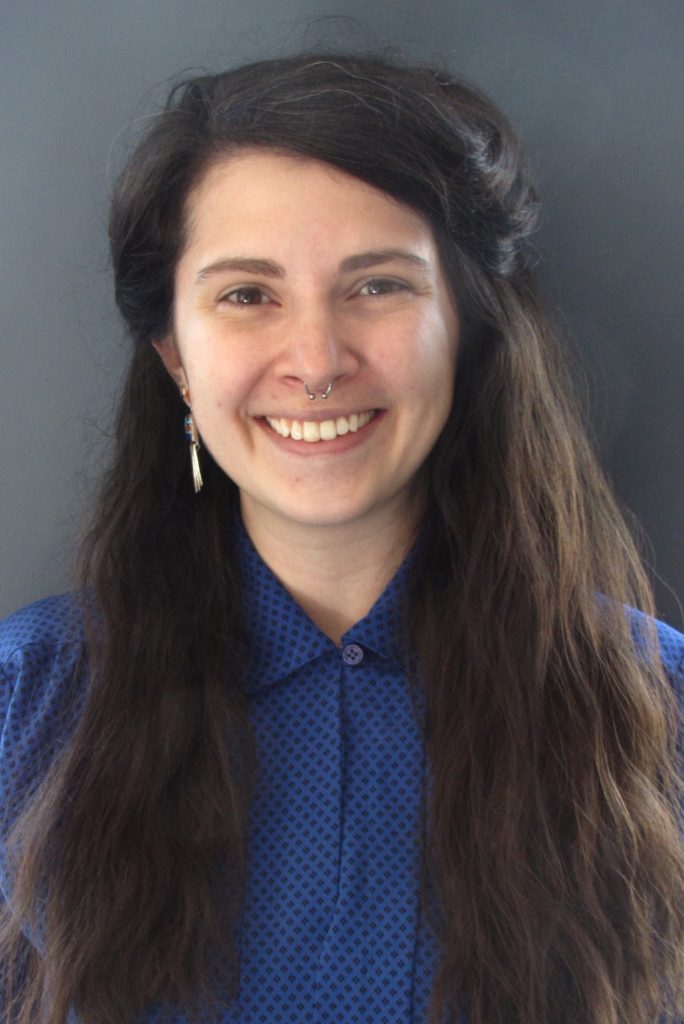Tell us about yourself. What brought you to work as the Project Manager of Project Vox?
My academic training is in musicology; I’m a Ph.D. Candidate at Duke, and my dissertation focuses on opera reception and representations of masculinity in four works by Italian fascist composers from 1935 to 1941. I didn’t know anything about digital humanities until I started working with Digital Scholarship Services in the Fall of 2015 on Charles McGuire’s British Musical Festivals Database. My involvement with this project and with Digital Scholarship Services led me to Project Vox. Nearly everyone on the DSS team ends up working on Project Vox at some point, and I was thrilled when the project manager position opened up. I managed McGuire’s project before transitioning to project manager for Project Vox in early 2017.
What were some of the things that you learned while working on the Project Vox team?
Working on the Project Vox team provided me with a lot of insight about working with a group of people towards a collective goal. While deadlines and time management are important in self-sufficient work, such as writing a dissertation, they are absolutely essential when working on a team. Without deadlines and regular check-ins, I don’t think we would have been able to publish the Astell content last Spring. The project manager is responsible for keeping everything running smoothly, ensuring lines of communication are open between team members, and considering the sustainability of the project. One of my top takeaways is that nobody should ever be afraid to ask for help—if something is unclear, ask your team for clarification. Working in a group means you have people to rely on and you don’t have to figure out everything by yourself.
How did working on Project Vox affect your own research projects?
From a top level perspective, working on Project Vox made me feel more confident in the fact that I can’t possibly know everything about a research project, and that a lack of complete knowledge is not a bad thing. Being involved with Project Vox and DSS has also pushed me to think about how my research intersects with the digital humanities. As a musicologist who studies opera, I’m keen to incorporate recorded performances into my dissertation; providing open access to the music I write about is very important to facilitate a better understanding of my work. I would also love to incorporate team based digital projects into my teaching–I’m currently working on a syllabus for a course on Feminist Punk Rock.


